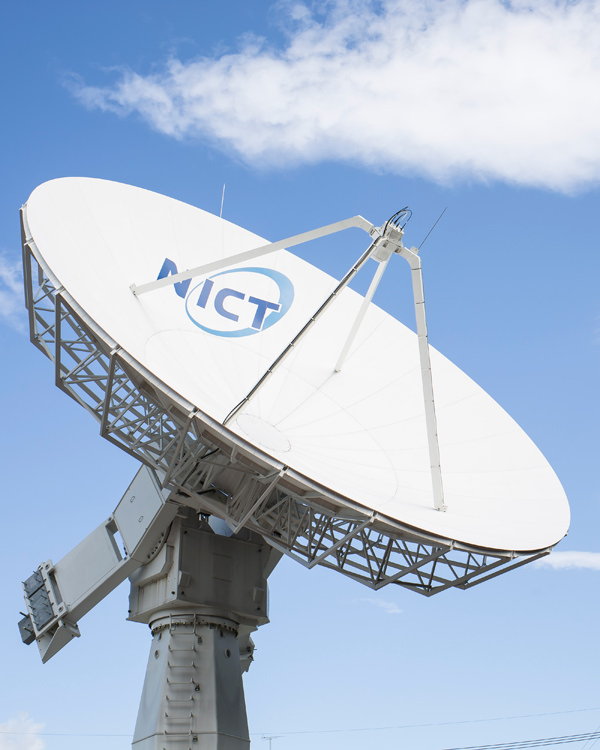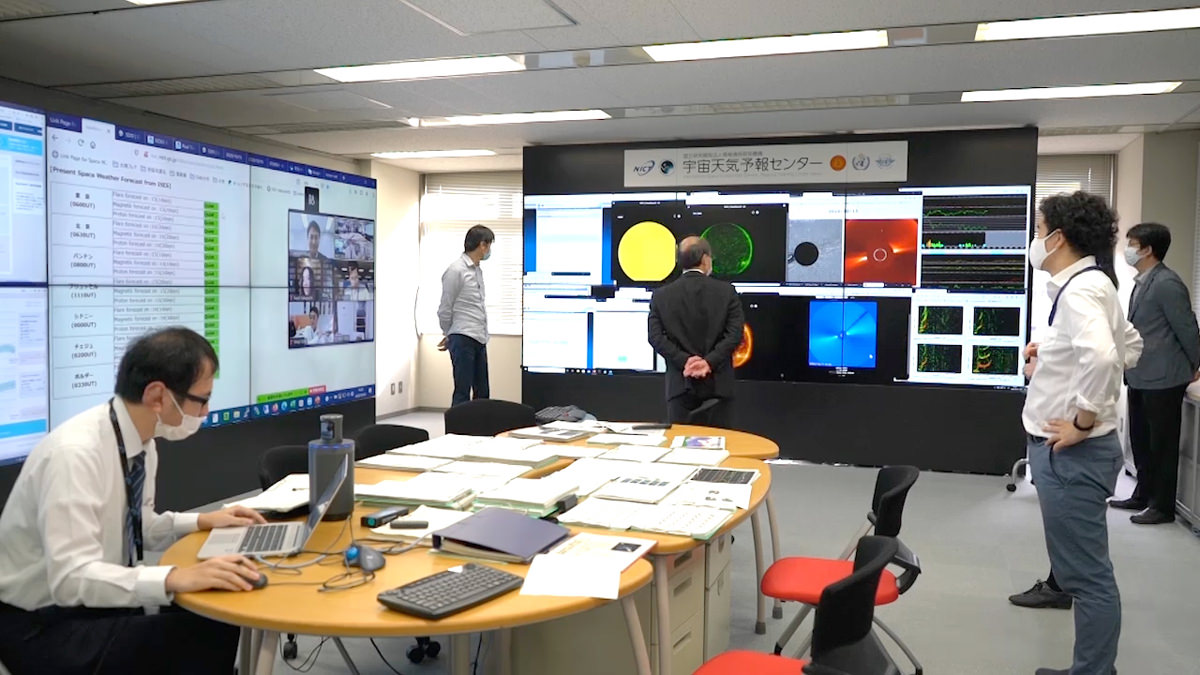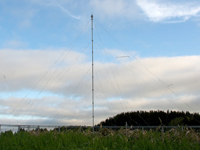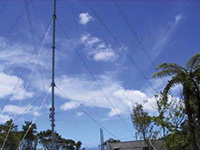- Home
- Laboratories
- Space Environment Laboratory
Improvement of monitoring and forecasting
technology of the space environment and implementation of
space weather forecasting service
Space weather forecasting has become increasingly relevant to the social life of human beings.
Space environment disturbances originating from solar activities affect the the earth’s magnetosphere and ionosphere, and they threaten the safe use of social infrastructure in terms of the disruption of communication and broadcasting systems, the malfunction of artificial satellites, etc. Those natural phenomena are called "space weather".
To contribute to the reduction of disasters caused by space weather, we are conducting research and development on observation technology for monitoring the current status, simulation/data assimilation/AI technologies for prediction, and applications that meet user needs, with the aim of improving the accuracy of space weather prediction and expanding its actual use.
We also provide space weather forecasts 24 hours a day, 365 days a year.
Director: TSUGAWA Takuya
Space Environment Laboratory Website (Japanese version only)

DSCOVR Receiving Antenna

Space Weather Forecast Center
Pick up researcher
Sites and Directions

Kokubunji Radio Observatory
(Headquarters Koganei, Tokyo)

Sarobetsu Radio Observation Facility
(Tomito, Hokkaido)

Yamagawa Radio Observation Facility
(Ibusuki, Kagoshima)

Ogimi Radio Observation Facility
(Ogimi, Okinawa)
Links
-
Space Weather Forecast Center
Information distribution service specialized in space weather forecast operated by Space Environment Laboratory.
-
Space Environment Information Service
Links to daily data and various databases on the space environment.
-
Radiation Belt Electron Flux Forecast
Forecast service for high-energy electrons in the Earth's magnetosphere and fluctuations in the electron radiation belts.
-
WDC for Ionosphere and Space Weather
Website for the data integrity that publishes ionosphere and space weather.
-
Aurora Alert
This website provides auroral forecasts and current auroral sky images.
-
Deep Flare Net
A site that provides predictions of M-class or higher-class or C-class or higher-class solar flares that will occur within 24 hours.
-
NICT Solar Observation Database
A database of solar observations that includes dynamic solar radio spectra and H-alpha images.
- Home
- Laboratories
- Space Environment Laboratory